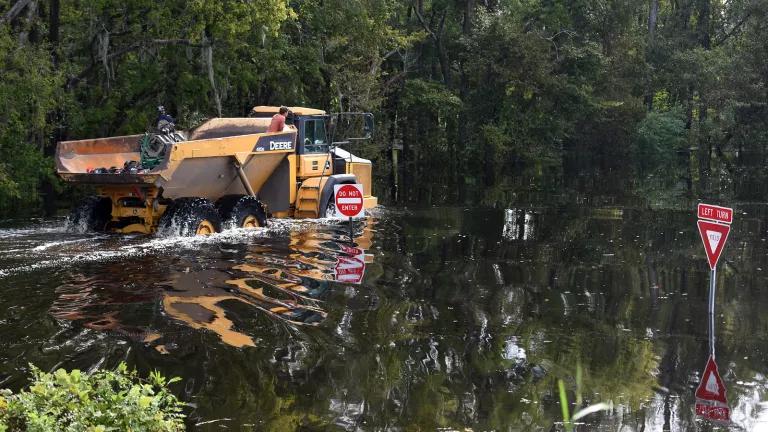California Moves to Annual Water Loss Reporting and Adds Validation, Transparency, and Performance Standards

California Governor Jerry Brown has signed a new bill that will make water loss reporting by water utilities more frequent, more accurate, more transparent, and far more useful. Taken together, these actions place the Golden State at the leading edge of all states that have acted to curb the loss of water from leaking urban water distribution systems - a huge issue when you are trying to save water.
In California, it has been estimated that about 350,000 acre-feet of treated drinking water is currently going to waste each year that could be cost-effectively saved--a volume that is nearly twice the entire annual water use of San Diego, the state's second largest city.
The new law, SB 555, builds upon legislation enacted last year that requires the inclusion of water loss audit reports in the Urban Water Management Plans submitted every five years by urban water suppliers, beginning in 2016. SB 555 will now require annual reporting, beginning in 2017, thus daylighting this important information on water leaks and losses every year, rather than waiting for information being held for 5 years until the next Urban Water Management Plan is submitted.
The new law also directs that water audit reports be validated before being submitted to the state. Validation is the process whereby technical experts engage with individual water suppliers to review proposed submissions and ascertain the reliability of the data. Validated audits provide more useful and actionable information for individual water suppliers and more meaningful data for aggregation and analysis by researchers and policy makers.
I've personally reviewed more than 50 water loss audit reports submitted previously to the California Urban Water Conservation Council, a nongovernmental organization, and I can say unequivocally that validation is necessary. Even water suppliers with several years of experience preparing water audit reports are making consequential errors in data submission and significantly overstating the reliability of their reported data. So the validation requirement in the new law will certainly be helpful.
To strengthen transparency and accountability, the new law also requires that -
- all audit reports must be consistent with terminology and reporting methods recognized by the American Water Works Association;
- all audit reports must include the name and technical qualifications of the person(s) providing validation;
- all audit reports must be attested by the utility's chief financial officer, chief engineer, or general manager;
- any person selected by a utility to validate its own audit must meet certification requirements approved by the Department of Water Resources.
- all validated audit reports submitted to the state are to be promptly posted on the department's web site "in a manner that allows for comparisons across water suppliers."
- All audit reports are to be accompanied by information on the steps taken by the water supplier in the previous year to improve data validity, reduce apparent losses, and reduce real losses.
An important additional feature of the bill directs the State Water Resources Control Board to set performance standards for urban retail water suppliers regarding the volume of water losses. Notably, the board can act no sooner than 2019, ensuring that several years of validated water audits are available before water loss performance standards are set. This ensures that the board will have access to a sufficient body of validated audit reports that effectively characterize current practices, loss experience, statewide and regional trends, before setting specific water loss performance requirements.
SB 555, authored by Sen. Lois Wolk. is truly a landmark law, offering an unprecedented level of consistency, transparency, and professional integrity to the challenging tasks of stewardship of both the buried water infrastructure and the valuable public water resource it conveys.




